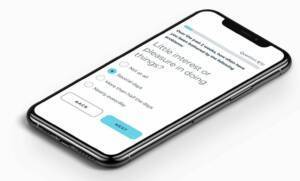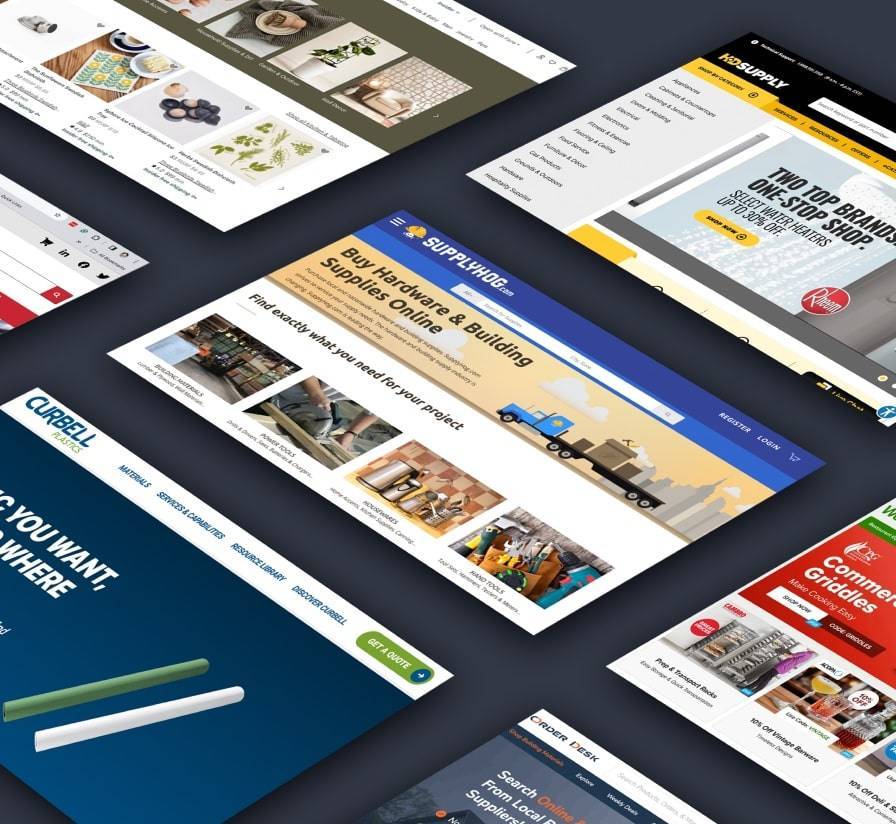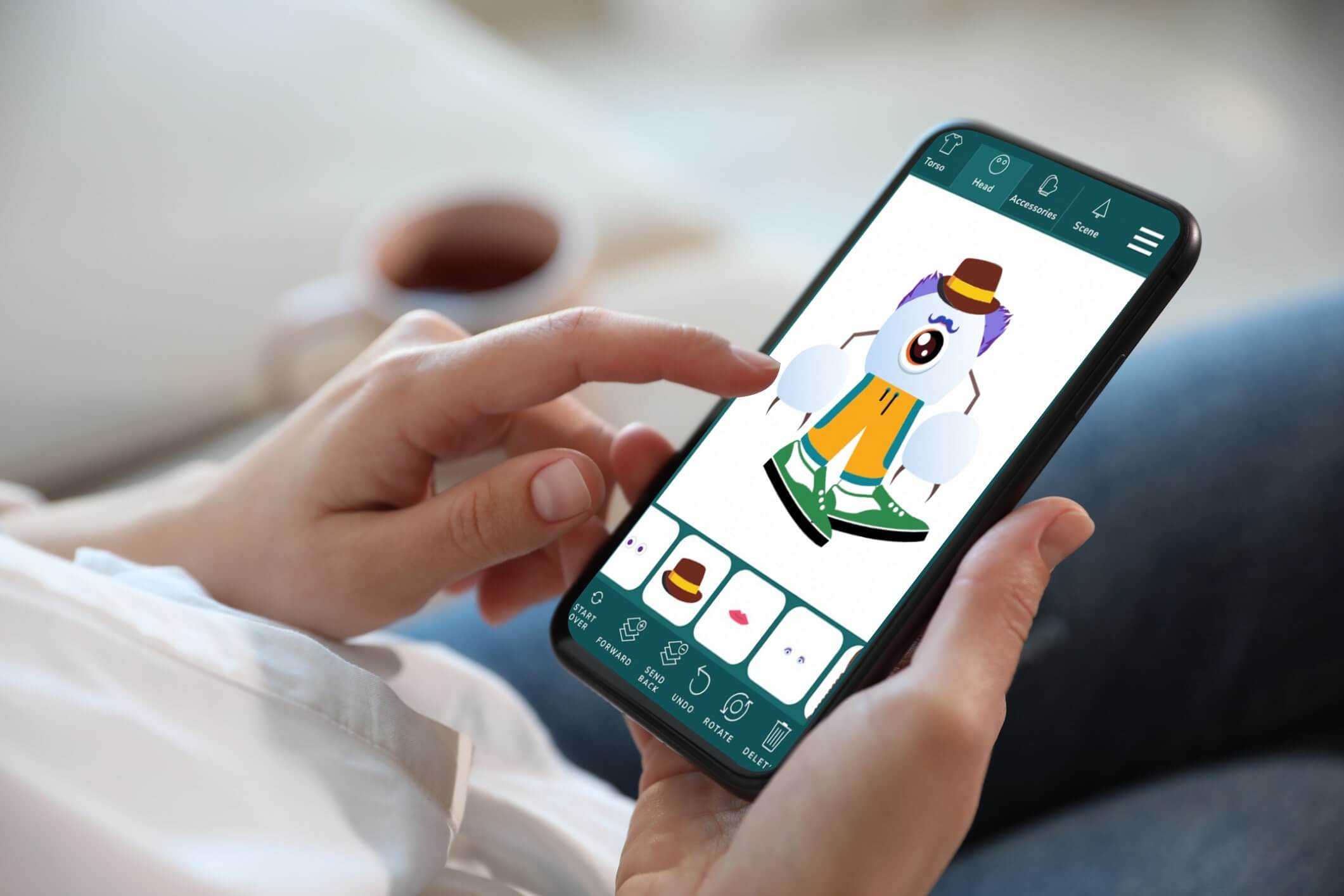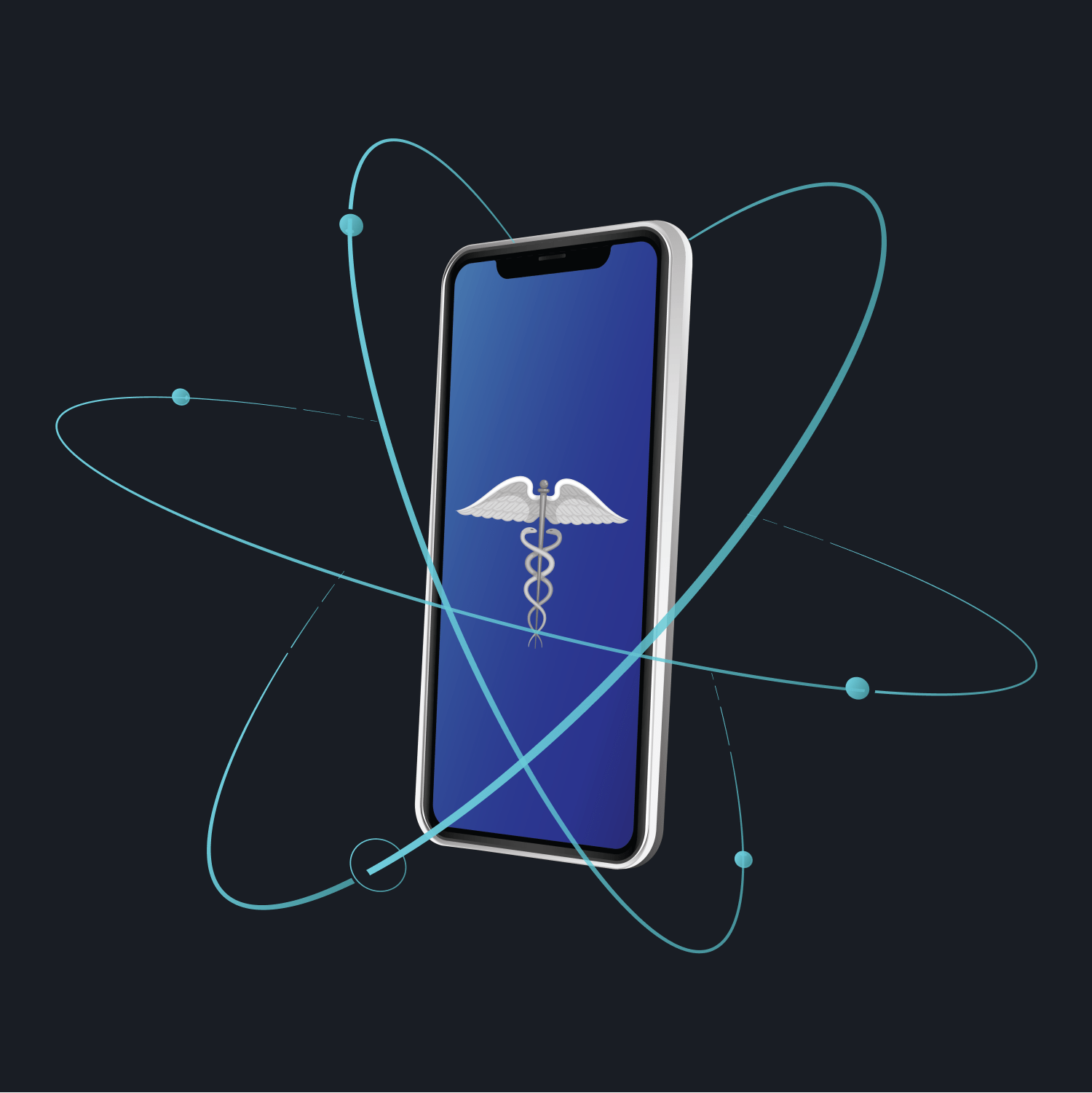

6 Examples of Great Healthcare Apps
Healthcare apps have revolutionized how people access medical services and track their health. With smartphones, healthcare apps are an indispensable lifeline, connecting patients, professionals, and caregivers.
The possibilities are endless, from apps that help track and monitor vital signs to those that provide virtual consultations and diagnosis. There are more than 350,000 health apps, as they’re called.
Healthcare app development has taken a significant leap by integrating advanced technologies such as artificial intelligence, machine learning, blockchain, and connected devices.
As healthcare evolves, we see a growing demand for apps that provide users with seamless and personalized experiences.
This article showcases some of the best healthcare apps with various functions, from telemedicine and remote patient monitoring to fitness and nutrition tracking.
What Are Healthcare Apps?
Healthcare apps are mobile applications designed to improve the delivery of healthcare services to patients. They can be used for various purposes, from managing chronic conditions and monitoring symptoms to providing access to telemedicine services and connecting patients with healthcare providers.
Six Examples of Great Apps for Healthcare
The best healthcare apps provide patients with easy access to medical information, medication reminders, symptom tracking, and telemedicine services, among other features.
This section highlights some of the best healthcare apps available to patients today. These apps are designed to improve patient outcomes, enhance engagement, and streamline healthcare delivery.
1. Medisafe Pill Minder and Trackers
![]() The Medisafe app helps you stay on top of your medications. Available on Android, iOS, and Apple Watch. The navigation is intuitive, making it easy to set up reminders.
The Medisafe app helps you stay on top of your medications. Available on Android, iOS, and Apple Watch. The navigation is intuitive, making it easy to set up reminders.
A particularly helpful feature allows users to tap from the unlock screen from the reminder alert to confirm the dose was taken.
Its app offers caregiver support and daily, weekly, and monthly reports. It also integrates with wearable devices.
The free app offers a subscription for additional functions for an ad-free experience, other notifications, and measurement tools.
Medisafe Apple Watch Display

2. Eyecare Live
This free mHealth app connects you with your eye doctor for phone or video consultations and vision testing. This includes dry eye tests and follow-up consulting for contact lens patients. Despite having multiple options for types of eye care, the user journeys lead users to the right destination. The app developer does not collect data through Android or iOS platforms.
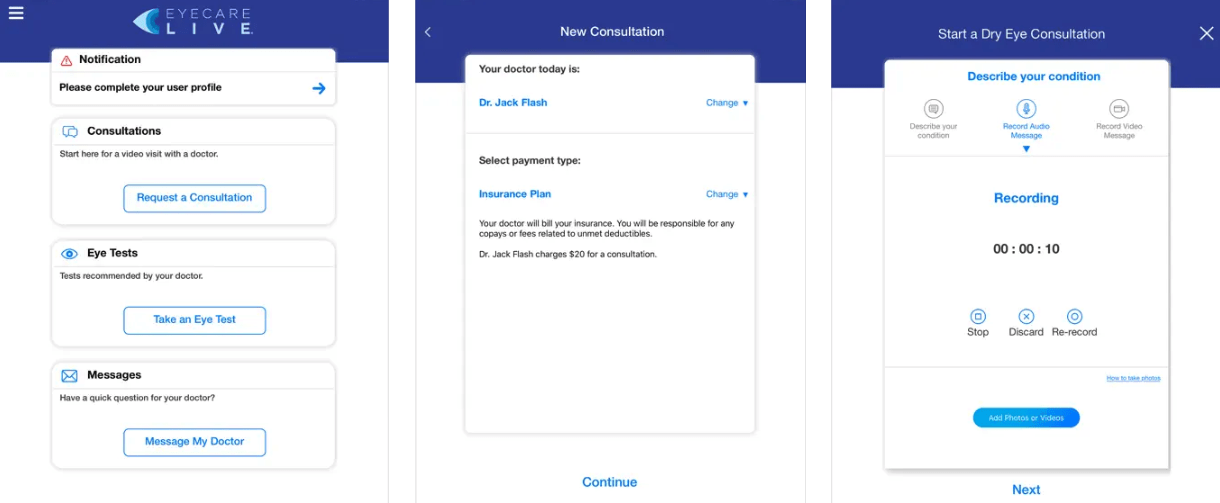
3. Teladoc
The Teladoc app connects patients to doctors, therapists, dietitians, nurses, and coaches 24/7 through phone or video visits for many urgent needs. It also offers a variety of self-guided programs that can be accessed at any time.
During registration, users can choose their preferred language. The company also offers American Sign Language as an option. When users connect with a healthcare provider, a video service creates a three-way connection with an interpreter without extra charge. The designers built the most important information into one screen. Clicking “Get Care” lets users scroll to see the different care options and links to common questions.
The company offers transparency about the data used and linked to users. Doctors can also prescribe medication through the app.
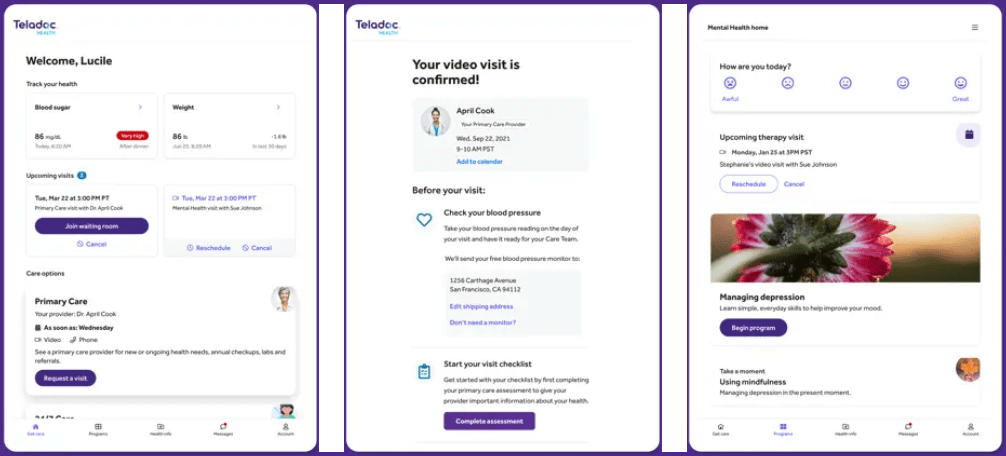
4. Springstone
A leading mental healthcare provider offers a private and secure application for assessing and treating youth mental health. It is designed to improve the mental health screening and referral process for employers, employees, and primary care physicians. A frictionless user experience reduces user stress to improve assessment accuracy. A progressive web app (PWA) developed by DBS Interactive, Springstone’s app reaches a broader audience of users because it is device-agnostic, accessible via either mobile or desktop devices with a browser. The application offers customizable administrative permissions for individual users, groups, and care coordinators.
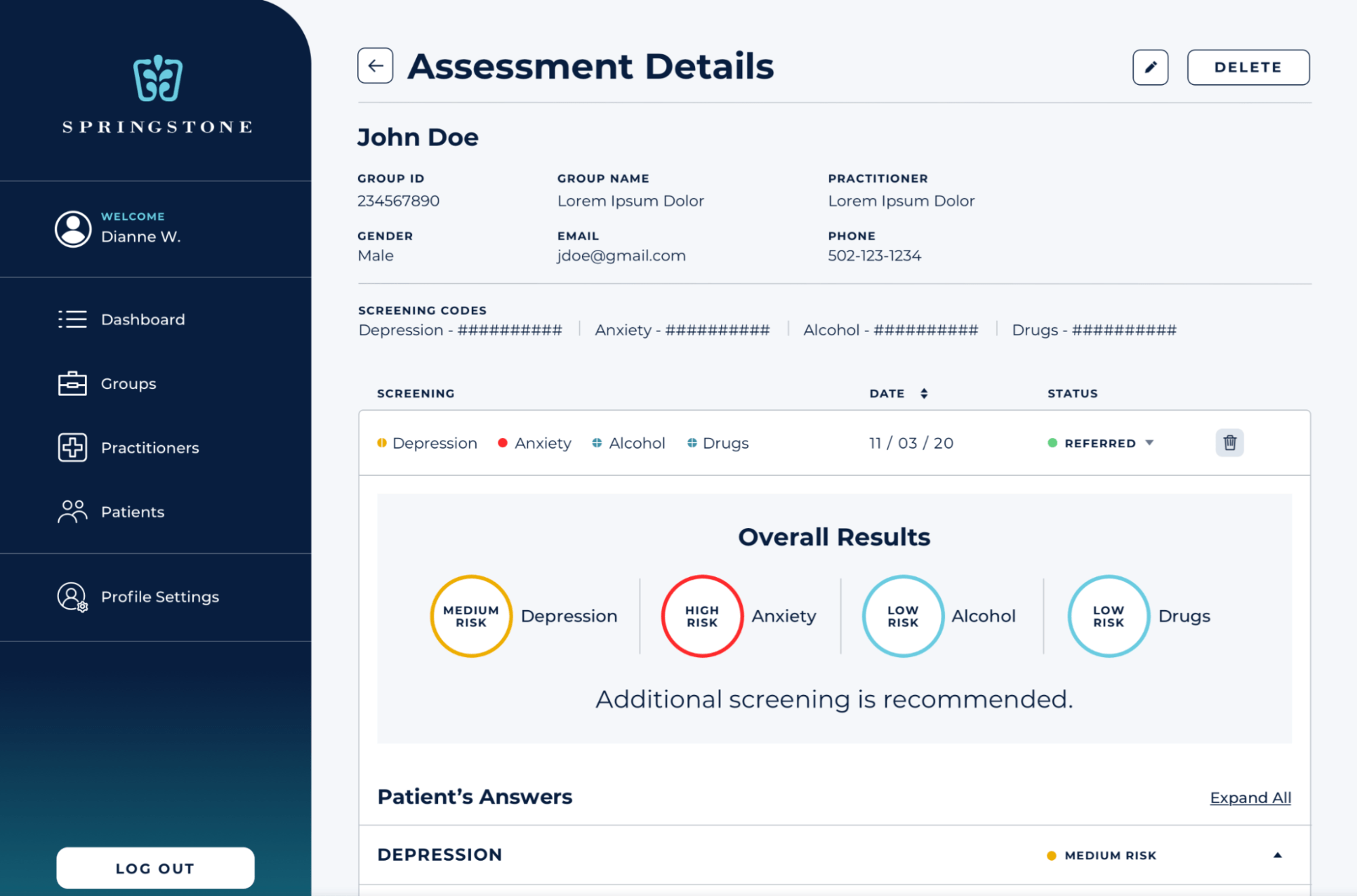
5. MySugr
The blood sugar tracking app allows patients with diabetes to track their blood sugar, carbohydrates, etc., all at a simple glance. It offers simple data logging that captures sugar results, providing better information for doctors when treating patients.
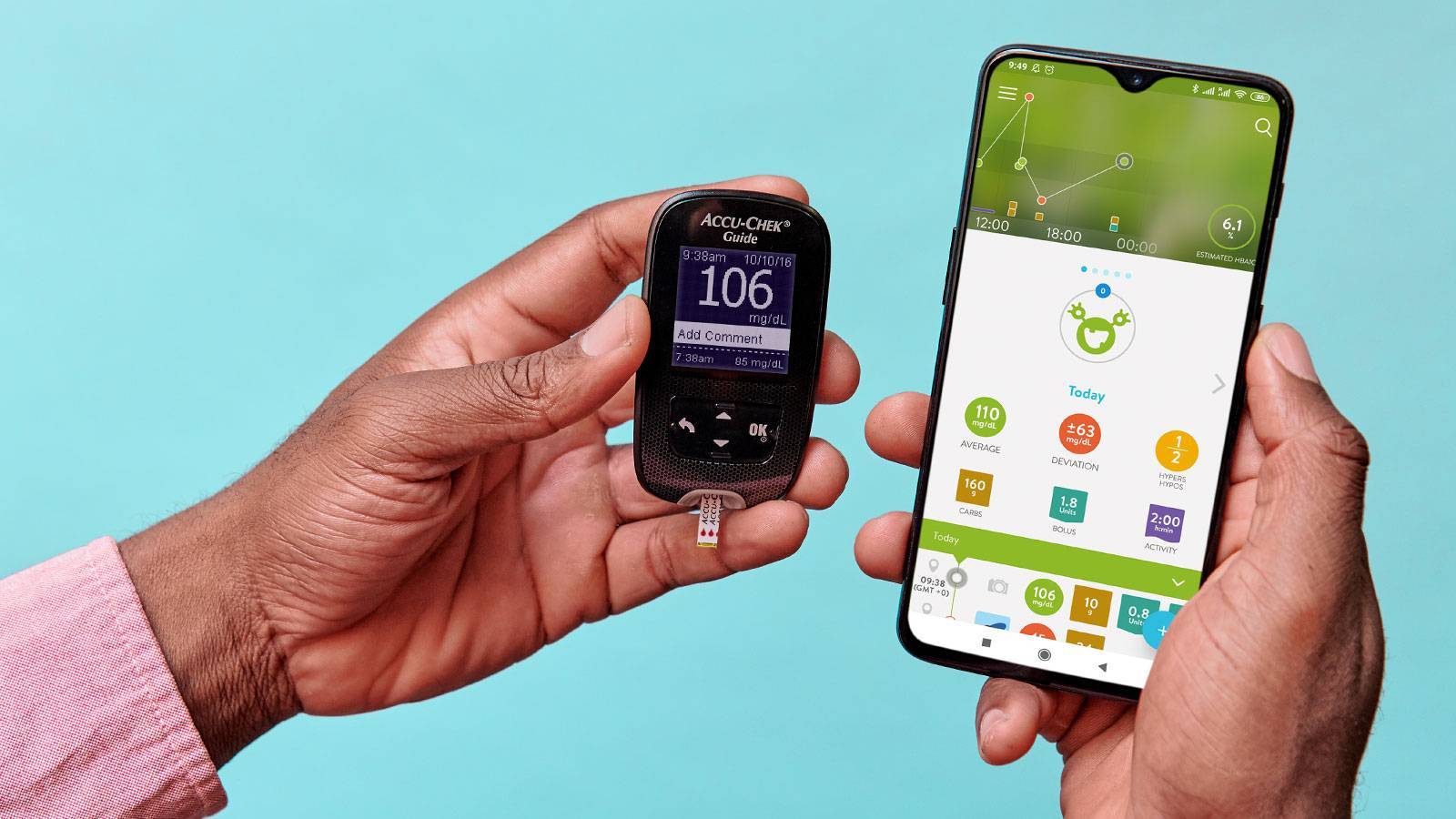 The design relies on icons and text to make understanding and navigation universal. A “Challenges” section encourages users to engage with the app as they perform various health tasks.
The design relies on icons and text to make understanding and navigation universal. A “Challenges” section encourages users to engage with the app as they perform various health tasks.
The company provides the pro version free with several testing devices. The app also provides support and tips to help cope with diabetes and is compatible with Apple Health and Google Fit.
6. MyChart
The patient portal app allows users to access online appointments, health records, pay bills, and communicate with their physicians quickly and effectively. The widely-used app by healthcare providers and patients packages all the information for a patient in one location. The icons respond to user actions, shrinking as a user scrolls to present more information on the screen and then expanding on a new screen. The designers organize many navigation items and data into an easy-to-use product.
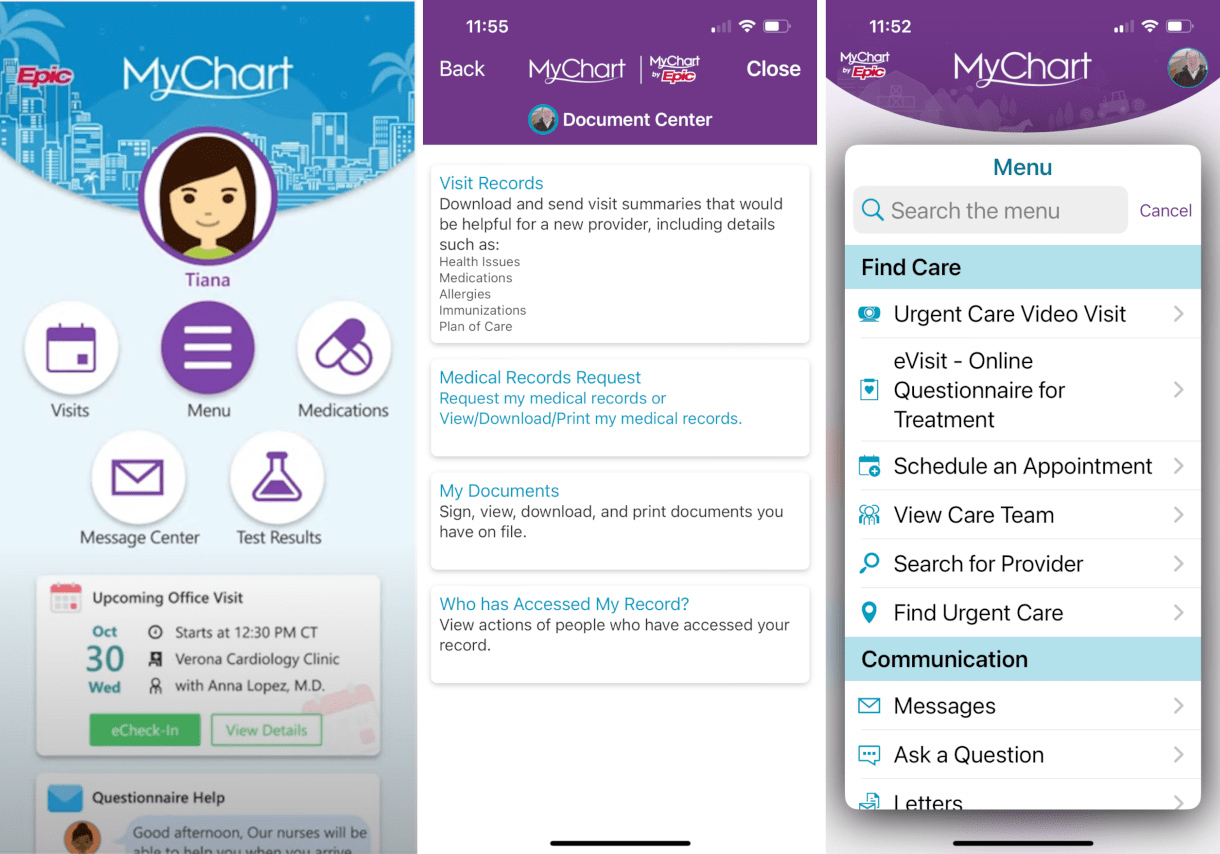
What Makes a Great mHealth App?
The best health apps leverage the latest technology to improve patient outcomes, enhance the quality of care, and make healthcare more accessible and affordable. They do so by conforming with important best practices:
- User-centered design: A great mHealth app is intuitive, easy to navigate, and designed with a user-first approach.
- Robust Functionality: The app should offer features and functions for users to achieve their health goals. Generally, the best apps track and store health data, provide medication and other reminders, educational resources, and accessible communication with healthcare providers.
- Security: The app must have robust security measures and policies to safeguard personal health information, prevent unauthorized access, and comply with laws and regulations.
- Interoperability: Great health apps work seamlessly and offer compatibility with mobile devices, operating systems, and often third-party devices or equipment used in healthcare such as EHR platforms.
Device manufacturers are finding ways to design diagnostic products and other tools that directly connect to smartphones or wirelessly.
What Are Users Looking For in a Healthcare App?
Understanding audience goals and pain points is essential when developing your healthcare app. Users want healthcare apps that are intuitive, reliable, and accessible for a seamless and easy-to-use experience that meets the needs of patients and healthcare providers.
It Should Be Easy to Use
Usability is a crucial factor in the success of healthcare apps. The best healthcare apps should have a simple, clean user interface with clear instructions and prompts. They should offer a unique experience while considering preferences, goals, and needs.
It Should Be Reliable
Reliability is another critical factor that consumers look for in healthcare apps. Healthcare apps must be trustworthy, secure, and accurate. Patients must be able to rely on healthcare apps to provide them with accurate information, advice, and tools to manage their health effectively. Healthcare providers must be confident that healthcare apps are secure and comply with relevant laws and regulations, such as HIPAA and GDPR.
It Should Be Accessible
Healthcare apps must be accessible not only as a best practice, but also because many countries require accessible digital platforms based on Web Content Accessibility Guidelines (WCAG 2.1AA). Healthcare apps must also be optimized for different devices and operating systems, ensuring users can access them and interact with their features and content properly on their smartphones, tablets, or computers.
Benefits of a Healthcare App
Healthcare apps benefit patients and healthcare providers. Patients can use these apps to access healthcare services anywhere without needing in-person visits. This saves time and money while reducing the risk of contagion exposure, especially during pandemics.
Healthcare providers use apps to improve patient outcomes, reduce healthcare costs, and streamline workflows. These apps enable healthcare providers to monitor patients remotely, track their progress, and intervene early. They also allow for easy communication between patients and healthcare providers, enhancing patient engagement and improving the quality of care.
Team with Digital Experts to Design high-performance mHealth experiences
To harness the potential of healthcare apps, it is essential to work with digital experts who can help develop and design quality mobile and web experiences. Digital experts combine the development and design expertise required to create user-friendly, secure, and practical apps for achieving goals.
Digital agencies help healthcare providers and organizations identify the right app solutions for their needs, customize them to meet their specific requirements, and integrate them with existing healthcare systems. They can also provide ongoing support and maintenance to ensure that the apps continue to deliver value to patients and healthcare providers alike.
By partnering with digital experts, healthcare providers leverage the power of mHealth apps to improve patient outcomes, enhance patient engagement, and drive healthcare innovation.
Develop Your Own Great Healthcare App
At DBS, we have decades of proven results in building web and app experiences for companies in the healthcare and medical industries.
Contact us Discuss how we can help build your medical app.
